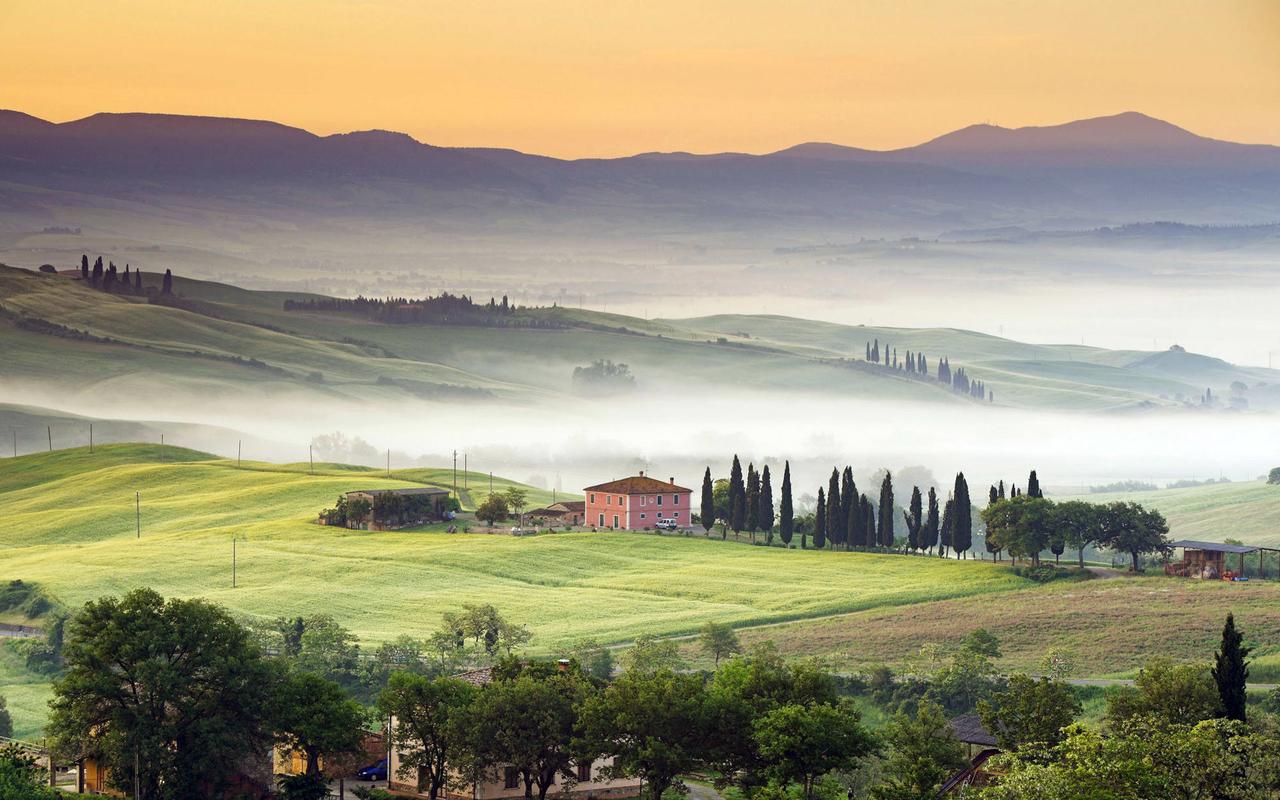Exploring the Rich History of Latino Cultural Traditions
Latino culture is deeply rooted in history, and its traditions stretch back centuries. From the colorful art forms to the mouth-watering cuisine, the Latino culture is an authentic reflection of the stories, customs, and values of generations of people.
In the United States, Latino culture has become increasingly prominent, with the Latino community making up a significant portion of the country’s population. However, despite this, it is still not fully understood, and often, its rich history is overlooked. In this article, we’ll explore the origins and evolution of Latino cultural traditions.
Origins of Latino Culture
The roots of Latino culture can be traced back to the ancient civilizations of Mesoamerica and South America, such as the Aztecs, Incas, and Mayans. These civilizations had complex and advanced societies with unique cultural traditions that were later merged with Spanish and African influences.
Spanish influence came as a result of the colonization of the Americas by Spanish conquistadors, who brought their language, religion, and customs. The African influence came with the introduction of slavery, which brought African cultures and customs into the mix.
Evolution of Latino Culture
Over time, Latino culture has undergone significant changes. Today, it is a vibrant and dynamic entity that has evolved to incorporate a mix of diverse regional and national influences.
One of the most significant aspects of Latino culture is its art forms, which include dance, music, and visual arts. The rhythms and lyrics of Latino music reflect the region’s historical experiences, while the colorful and vibrant visual arts depict the varied cultural experiences of Latino people.
Food is another vital aspect of Latino culture that has evolved over time. With influences from different cultures, such as Spanish, African, and Indigenous cultures, Latino cuisine is a harmonious fusion of different flavors, textures, and ingredients. From the spicy and aromatic all-time-favorite rice and beans to the flavorful and nuanced salsa, Latino cuisine is a true celebration of diversity.
Conclusion
Latino culture is a rich and diverse entity that reflects many historical influences. From art forms to cuisine, Latino traditions have evolved over time, incorporating diverse regional and national influences. Despite this culture’s richness and depth, it is still not fully understood, and many pieces of its history are often overlooked.
In conclusion, by understanding the rich history of Latino cultural traditions, we can come to appreciate the distinctiveness and importance of this culture. We should strive to recognize, acknowledge, and celebrate Latino cultural traditions, allowing us to learn from history’s diverse stories and create a more inclusive future.
(Note: Do you have knowledge or insights to share? Unlock new opportunities and expand your reach by joining our authors team. Click Registration to join us and share your expertise with our readers.)
Speech tips:
Please note that any statements involving politics will not be approved.
